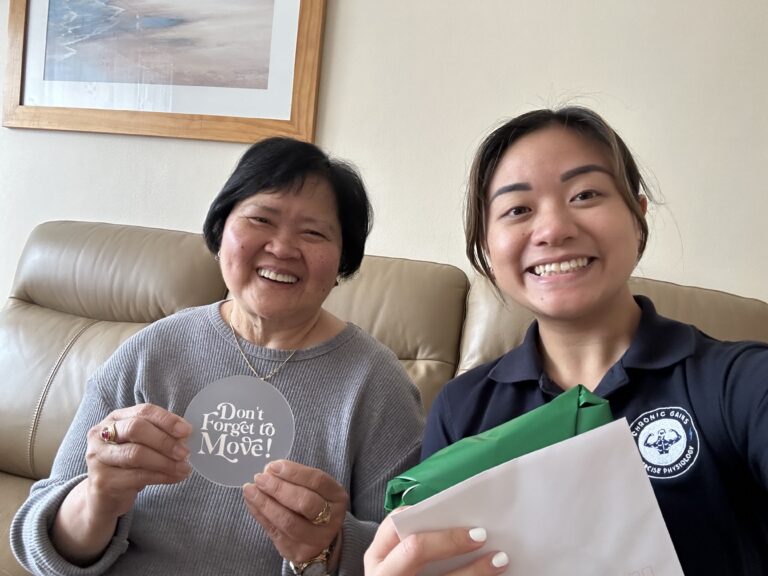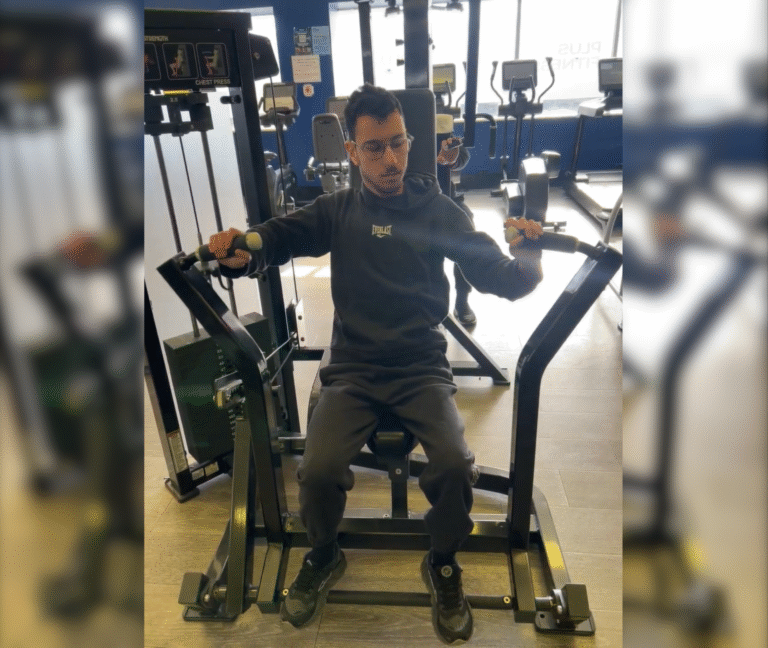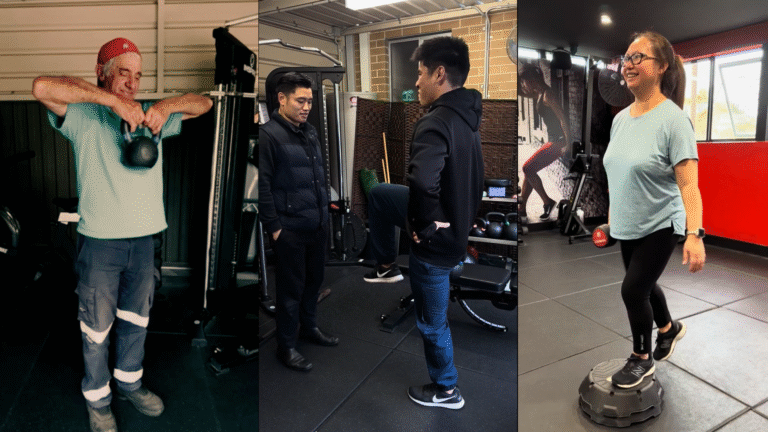What to Expect & Practical Guidance: Your First Exercise Physiology Appointment
You’ve Booked Your First Exercise Physiology Session—Now What?
Whether you’re living with a disability, managing a chronic condition, recovering from injury, or just getting back into movement—booking your first appointment with an Accredited Exercise Physiologist (AEP) is a powerful step toward reclaiming your health and independence.
But we get it. You might be asking:
- What will actually happen during the session?
- What should I wear?
- Will it hurt?
- How many sessions will I need to feel better?
In this blog, we’ll break it all down for you—step-by-step. We’ll walk you through exactly what to expect, what’s normal, and how to make the most of your experience with Exercise Physiology. This is your practical guide to walking in with confidence and walking out empowered.
What to Expect at Your First Exercise Physiology Session
At Chronic Gains, your first session is more than just a workout—it’s a comprehensive 60-minute assessment tailored entirely to you.
Here’s what typically happens:

Medical & Functional History
We’ll begin by discussing:
- Your medical diagnoses, past injuries, medications, and surgeries
- Daily challenges, mobility issues, or symptoms you’re managing
- Your personal goals: whether that’s walking without pain, improving strength, or feeling more confident in your body again
This helps us understand the why behind your referral, and what success looks like for you.
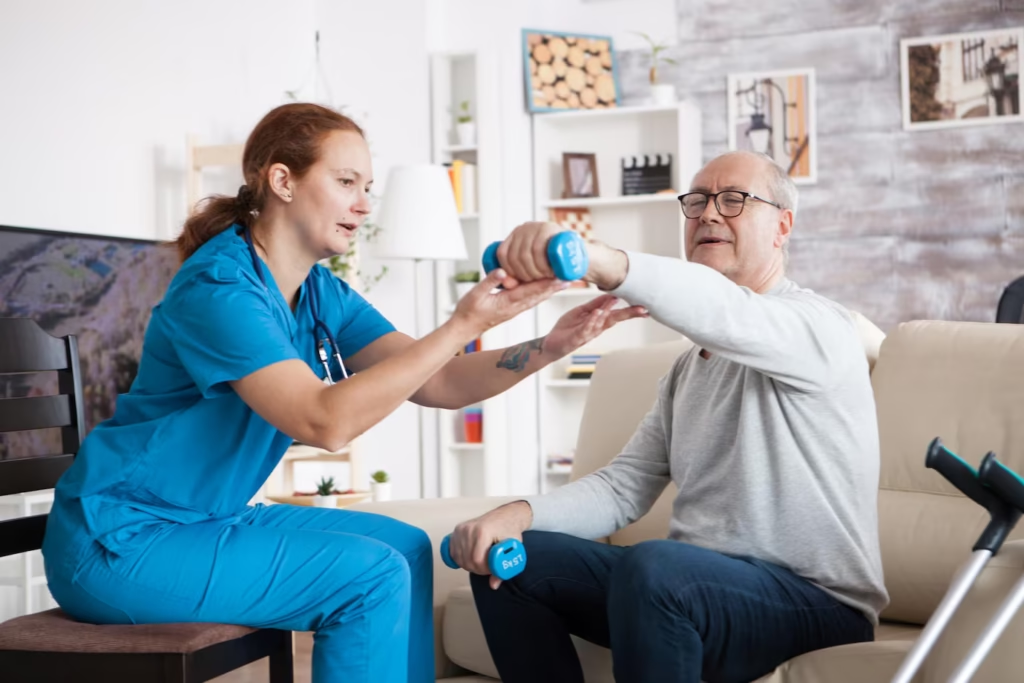
Physical Assessments
Don’t worry—we won’t throw you into anything intense. We’ll gently guide you through assessments such as:
- Balance and posture checks
- Range of motion or flexibility testing
- Simple strength tests
- Functional capacity movements (like sit-to-stand or walking patterns)
These give us a safe and accurate baseline of your current abilities.
Tailored Movement Trial
We may introduce a few gentle movements or exercises so we can observe how your body moves and responds—this helps us shape a plan that’s right for you.
Program Roadmap & Next Steps
By the end of your session, you’ll leave with a clear understanding of:
- What we’ll be working on
- How often we recommend seeing you
- What outcomes we’ll be measuring together
- Any at-home strategies to get started
Our approach is patient-centred. We won’t overwhelm you with jargon or a one-size-fits-all plan. Instead, we collaborate with you, every step of the way.
What Should I Wear to My Exercise Physiology Appointment?
One of the most common questions we get from new clients is: What should I wear?
The answer is simple: Comfort is key.
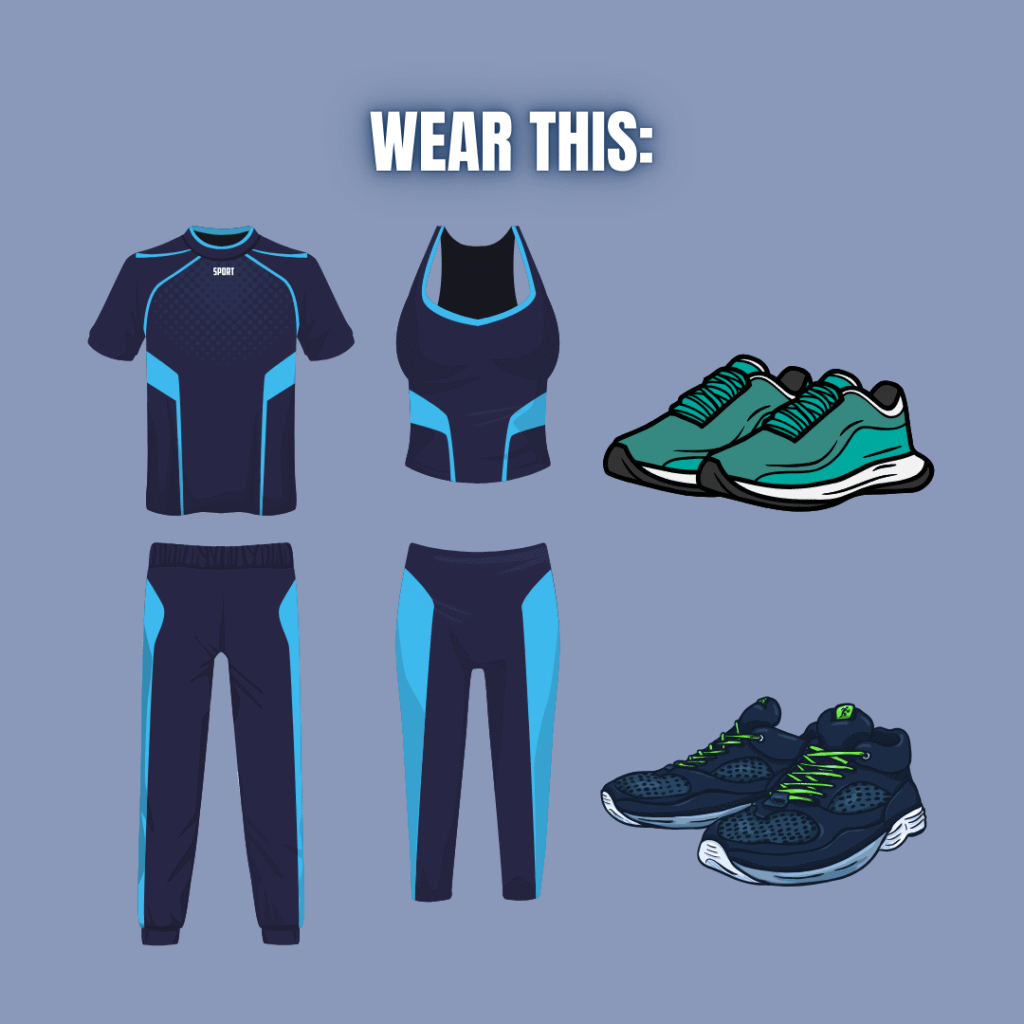
- Loose-fitting gym clothes, activewear, or something breathable
- Supportive sneakers or walking shoes

- Dresses or skirts (they may limit movement)
- Tight jeans or restrictive clothing
- Thongs, slides, or open-toe footwear
If you’re unsure, just think: Would I wear this on a gentle walk or to the gym? If yes, you’re good to go! Also, bring any mobility aids, orthotics, or assistive equipment you regularly use—we want to see how you move with them.
Will I Be Sore After a Session? What’s Normal and What’s Not
Here’s the truth: some soreness is normal, especially if your body isn’t used to structured movement. This is called delayed onset muscle soreness (DOMS) and typically shows up 24–48 hours after a new activity. It’s a good sign your muscles are adapting.

Normal:
- Mild soreness in muscles we worked
- Slight fatigue or tiredness later in the day
- Feeling like “you’ve used muscles you haven’t used in a while”
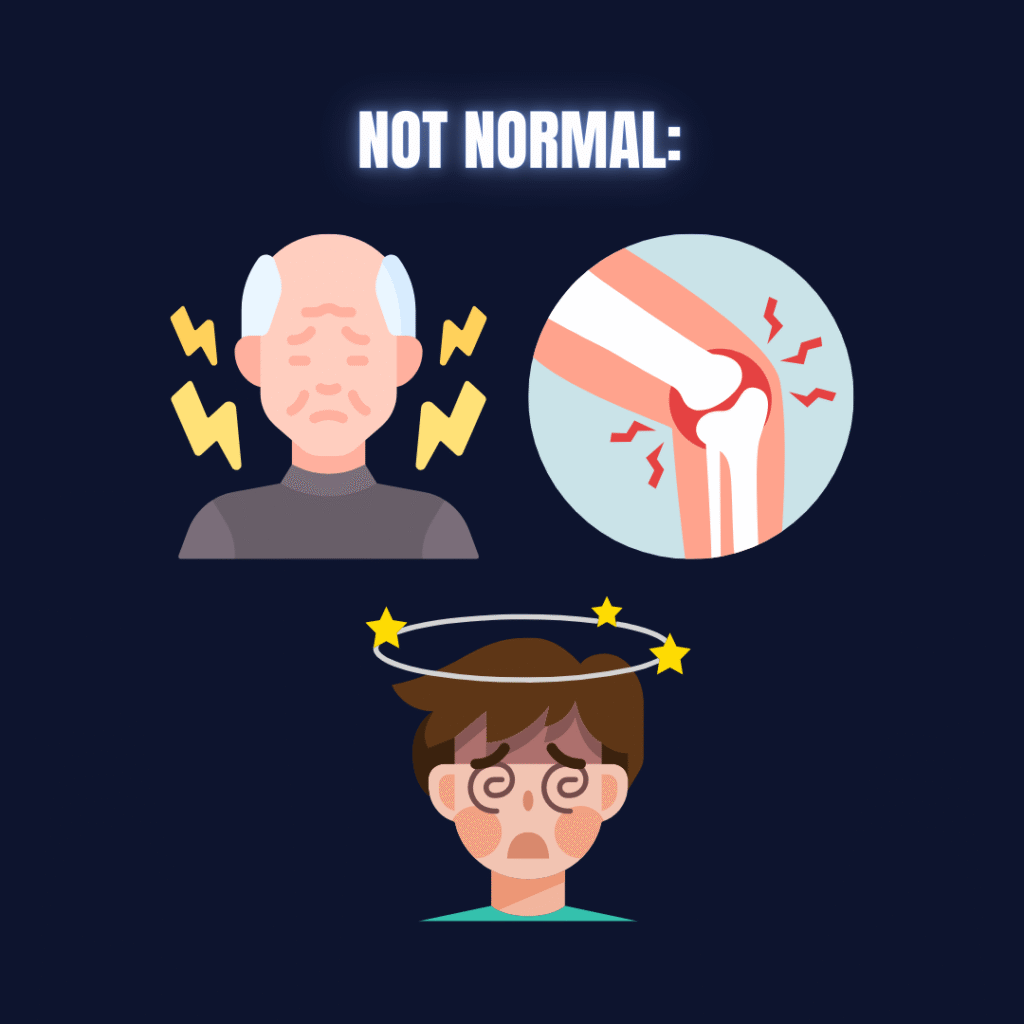
Not Normal:
- Sharp or shooting pain
- Joint pain or swelling
- Dizziness or lightheadedness during or after exercise
We always work within your current capacity—never pushing past pain or comfort levels. If anything feels “off” after your session, contact your EP and we’ll adjust accordingly.
How Often Should You See an Exercise Physiologist?
This depends on your goals, funding, and current condition.
At Chronic Gains, we generally recommend:
- 1–2 sessions per week for NDIS, chronic pain, rehabilitation, or reconditioning
- 1 session every 1–2 weeks for maintenance, progress check-ins, or lower-complexity clients
- Home programs in between sessions to keep the momentum going
We work with various schemes (NDIS, Medicare, WorkCover, DVA, Private Health) and help you maximise your available funding.
Your frequency will always be aligned with your goals. For example:
- If you want to reduce falls, we’ll start with weekly balance and mobility training
- If you’re regaining strength post-surgery, we may start more intensively and reduce as you progress
How Many Sessions Will You Need?
This is one of the most common (and important!) questions.
But the truth is: there’s no “one-size-fits-all” answer.
We base your program length on:
- Your starting capacity
- Complexity of your condition (single injury vs multiple chronic issues)
- Your goals (short-term function vs long-term strength and independence)
- Your response to treatment
Think of it like this:
- You wouldn’t expect one visit to the dentist to fix all your teeth
- Similarly, restoring strength, mobility, and pain-free movement takes time
That said, most of our clients start to see noticeable changes in:
- 4–6 sessions: improved confidence, reduced fear of movement
- 8–12 sessions: measurable strength, posture, mobility gains
- 12+ sessions: long-term change, habit formation, injury prevention
If you’re using NDIS, DVA, Medicare or WorkCover funding, we can help you plan the most effective way to space out your sessions and get the most value from your plan.
How to Make the Most Out of Every Exercise Physiology Visit
Here’s how you can supercharge your results and make the most of each session:
Be Consistent
One-off sessions won’t create lasting change. Commit to the frequency we recommend and you’ll see the difference.
Communicate Honestly
Let us know how you’re feeling, what’s working, and what’s not. This helps us tweak your program and avoid flare-ups or plateaus.
Do Your Home Program
We may prescribe simple at-home movements between sessions. They’re tailored to you, low-risk, and meant to keep you progressing—even on your off days.
Ask Questions
We want you to understand why you’re doing what you’re doing. The more you learn, the more empowered you’ll feel.
Trust the Process
It’s not about pushing yourself into pain or smashing personal records. It’s about building a strong, mobile, and resilient body that supports your life.
Take the First Step—We’ve Got You
Starting something new can feel intimidating—but it doesn’t have to be.
At Chronic Gains, we create a safe, welcoming, and empowering space where you’re supported at every stage of your journey. Whether you’re living with a disability, managing a chronic condition, or recovering from injury—we’re here to help you move better, feel stronger, and live more fully.
Your first session is just the beginning of something powerful.
Ready to Get Started?
Contact us today to book your first appointment or refer a client:
We accept clients under NDIS, Medicare, WorkCover, Private Health, and DVA. Let’s help you reclaim your strength and independence—one session at a time.


